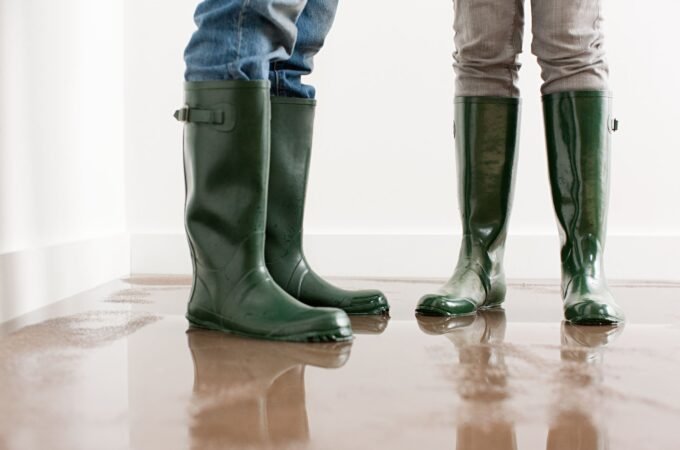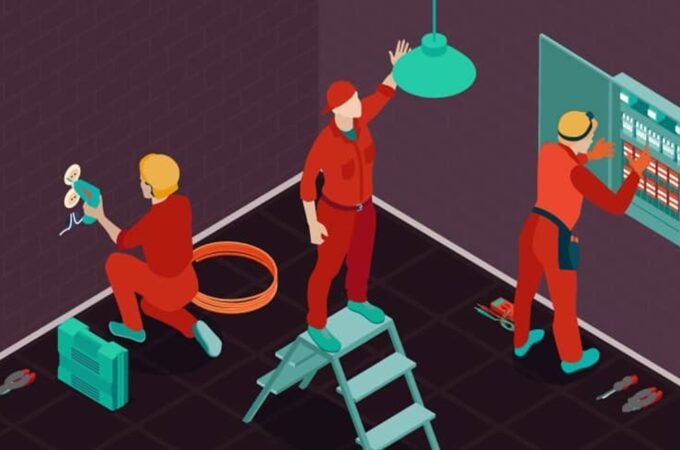
Can Bad Gutters Cause Water in Basement?
Having those unwanted floods again? Noticed that they usually happen when it rains? Before you start looking for broken pipes, check the condition of your gutters. Basement leaks and even floods can happen due to bad gutters (improperly installed or clogged ones).
While you are fixing up the gutters, make sure you schedule a basement waterproofing inspection. Since if your walls and floors are properly sealed and waterproofed, water won’t be able to seep through and crack them. In the meantime, here is some helpful information about gutters:
Table of Contents
ToggleWhat is the Purpose of Gutters?
Gutters are open pipes or channels which gather excess water and direct it away from your home. Gutters are placed right below the roof and when rain falls or snow melts, they gather the water and throw it away, allowing the roof to dry up the right way. The gathered water follows a path, influenced by the forces of gravity and is disposed either on streets or in sewers.
Why Do I Need Gutters?
If you don’t have gutters, water would either accumulate in a roof’s weak spots or it would fall directly to the ground, creating a massive pool around the basement. However, sometimes these two things can happen even if you do have gutters. Well how so? Unfortunately, gutters get clogged very easily and when they do, they complete lose functionality and let water go everywhere it wants.
How do Gutters Clog?
Most homeowners forget to clean the gutters. But little do they know that leaves, debris and even ice can build up in the channels, to that end, they become an enormous clog and prevent water from exiting the roof. Besides debris, leaves and ice, gutters can get clogged even from animal nests like those of birds, bees and other larger insects.
Bad Gutters and Basement Floods
When a gutter gets clogged, it usually detaches from the roof and directs the water to totally unwanted disposal areas. Another scenario is having large splashes of water, falling right next to the basement and damping up your soil. And besides ruining backyard plant life, this water breaks foundation walls and floors and enters the basement.
How Does Water Break Foundations?
The biggest mistake homeowners make is overestimating the power of concrete and cement. With time, these loose functionality and start to deteriorate. When they do, water finds their weak spots and puts so much pressure; they completely creak and let large amounts of water to enter.
What Should I Do?
To prevent water from accumulating in the first place, you need a weeping tile system in the backyard. This gathers the water before it starts building pressure on the foundation. Additionally, you should do basement waterproofing, either with a sump pump or waterproof sealant coatings on the floors and walls. Whichever system you choose, do not forget to clean up the gutters regularly and check if the water is flowing the proper way.





